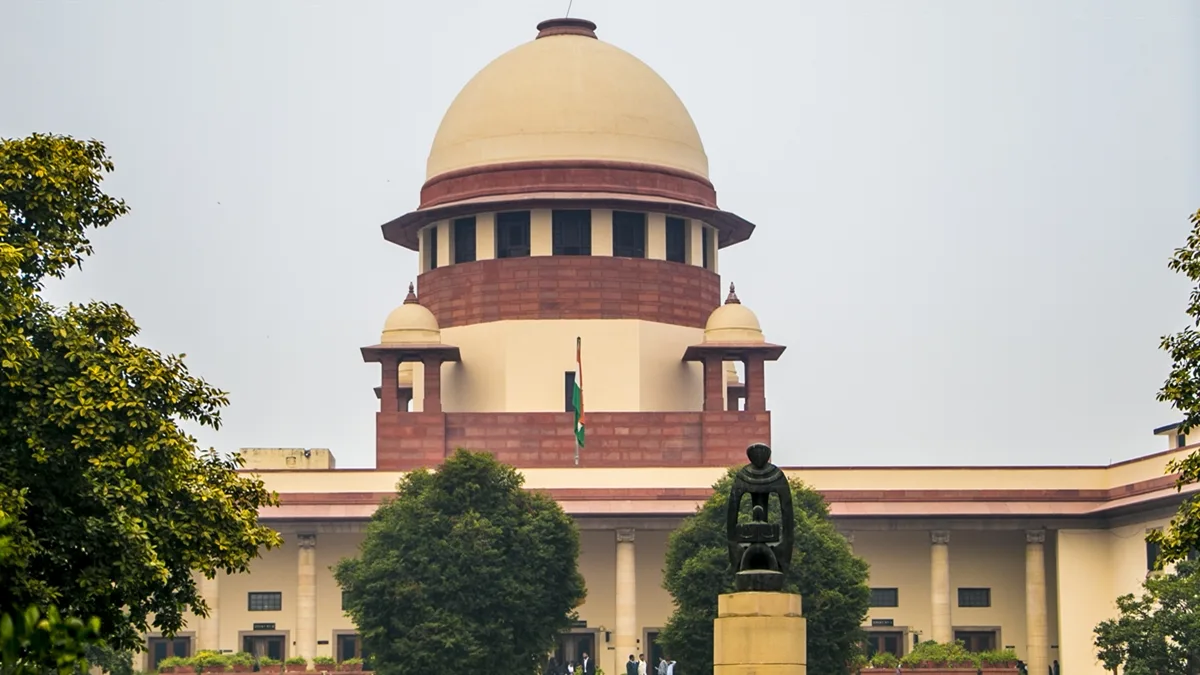In a significant decision on Monday, the Supreme Court of India refused to completely stay the recently passed Waqf (Amendment) Act, 2025, but crucially put on hold some of its most controversial provisions, stirring a wave of cautious optimism across communities.
A bench comprising Chief Justice of India BR Gavai and Justice AG Masih stated that the provision requiring an individual to be a practising Muslim for five years to create a Waqf would remain suspended—at least until clear rules are framed to determine how such a religious status can be validated.
“Without such a mechanism, the provision will lead to an arbitrary exercise of power,” the court remarked, addressing growing concerns that the clause was vague, unimplementable, and potentially discriminatory.
In addition, the court stayed Section 3C(3), a clause that would have allowed a government-designated officer to classify any property as government land and make binding changes to the revenue records—without due process or judicial review. The court also suspended Section 3C(4), which gave sweeping powers to the State Government to act on that officer’s report.
These stays ensure that, for now, Waqf properties cannot be altered in revenue records or taken over unless disputes are resolved in proper legal forums. The court clearly emphasized that no one will be dispossessed of their land and no new third-party claims can be created until final rulings are made under Section 83, further reinforcing the protection of property rights.
Another crucial aspect addressed was the composition of the Waqf Board. The court held that not more than three non-Muslim members should be present on the Board, and the total count should not exceed four—aiming to preserve religious representation and balance in decision-making.
Reacting to the judgment, Congress MP Imran Pratapgarhi welcomed the ruling. He said, “This verdict reins in the conspiracy and intentions of the Narendra Modi Government. People who generously donated land feared it would be taken away. This brings them relief. Faith is personal—how can the Government determine who’s been a practising Muslim for five years? The Court rightly addressed these concerns. We will continue this fight.”
A Human Perspective:
For millions of donors and custodians of Waqf properties, this ruling is more than just legal jargon—it’s a moment of protection, recognition, and pause for reflection.
These lands and assets represent acts of faith, legacies of trust, and a deep connection to community service. In today’s fast-changing socio-political landscape, the need for laws that balance governance with respect for personal belief is more critical than ever.
The Supreme Court’s approach reminds us that while reform is essential, it must be guided by justice, not just authority.
As the legal process continues, citizens and policymakers alike must ask—are we safeguarding our people, or just our power?





